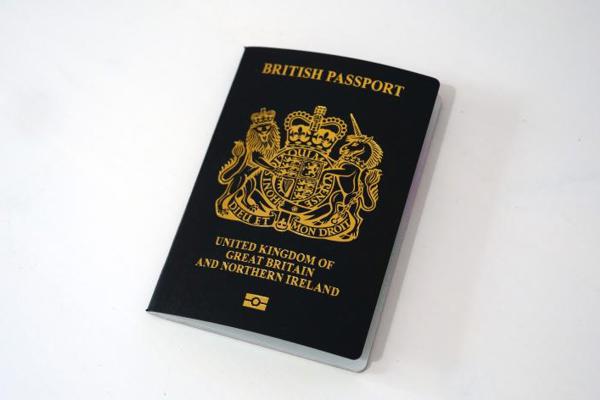Some of these problems arise as immigration law changes on a regular basis, and the changes apply to individuals who already hold a visa but who may not necessarily be keeping up to date with developments. Others arise due individuals misinterpreting the visa requirements and finally some issues arise due to the wording of the rules themselves. With this in mind it is vital that anyone seeking to extend an entrepreneur visa seeks specialist help to give themselves the best chance of success and to avoid some of these common issues:
The value of investment
In one recent case I was consulted by someone who had received a refusal from the Home Office. The justification for the refusal was that he had not invested the required £200,000 into his business. The client was confused as third parties had invested over £300,000 into his business and the Home Office accepted this had been made on his behalf.
When I reviewed the refusal I realised the refusal was not because the funds had been invested by third parties but because of the way it had been invested. The third parties had each purchased shares in the company for £1 and then paid an additional premium over face value.
The client had claimed points on the basis that over £300,000 had been invested into the company by way of share capital but the Home Office had only considered the face values of the shares and not the premium. This was because the Immigration Rules required the business accounts to show the number of shares and the value of the shares at the date of purchase, which in this case was X shares at £1 each, and this formed the basis of the investment.
Although the share premium was not considered to form part of the share capital investment we were able to advise on alternative ways to class the full sum as having been invested in the company, and we were able to suggest alternative wording for the accounts which would be acceptable to the Home Office.
Buying an existing business
In my previous article I mentioned that funds used to buy a business from an existing owner are not considered to have been invested in the company. This was never made clear in the Immigration Rules or guidance prior to 2014 and as such it continues to cause issues for people who invested prior to this date.
Now the guidance is clear that any funds used to purchase goodwill or an existing business are not invested funds and this applies regardless of when the investment was made. No transitional arrangements apply for people issued visas prior to 2014 and I have recently met with individuals who are unable to extend their visa due to this issue.
Anyone who obtains an entrepreneur visa needs to be careful how they invest the funds to avoid complications at the extension stage, and I would recommend taking advice on this as early as possible to identify any at risk investments prior to the extension being submitted to the Home Office. If the problem is identified at an early stage then an individual will have time to consider making further acceptable investments into the company, for example by way of director's loans.
,
Whether funds are spent
This is an area where the Home Office guidance is unclear: does the money need to have merely been paid into the business or must it have been spent by the business for an extension to be granted?
The answer depends on how funds are invested into the business in the first place, as direct cash investments, where money is deposited into the business bank account, will not be considered by the Home Office until it has been spent but the position can differ for director's loan or share capital investments.
This is another area where ongoing advice can be helpful and ensure that there are no problems at the extension stage.
Type of business carried out
Another issue which arises due to clarifications in the Home Office guidance is whether or not someone is genuinely self employed.
The Home Office draws a distinction between contracts of service, where someone works under the direction of another and is considered an employee, and contracts for service. The Home Office only allows Tier 1 (Entrepreneurs) to enter into contracts for service, where they are genuine contractors and have control over the work they carry out. if the Home Office considers that an entrepreneur has actually entered into a contract of service they will refuse an application.
This is a particular problem where a Tier 1 (Entrepreneur) offers consultancy services or contracts with other companies rather than individuals. The Home Office has similar powers to HMRC and can look beyond the contractual arrangement to determine if someone is a contractor or an employee so there is no certainty in this area.
Entrepreneurs looking to extend their visa should take care in considering what evidence is submitted with an application to accurately demonstrate the type of business they carry out. We have seen cases where the Home Office requests interviews with visa applicants because of concerns that they are actually employed by another client and this can delay the outcome of visa applications.
Summary
A Tier 1 (Entrepreneur) visa extension application continues to be one of the most complicated visa applications to make. The Home Office has a great deal of discretion as the Genuine Entrepreneur test now applies to extension applications and the evidential requirements are complicated.
This is an area where it is worthwhile obtaining regular advice throughout the course of the initial visa to ensure that there are no issues when it comes time to extend as many of the issues which can arise in these visas cannot be easily remedied.
If you'd like to speak with us, please contact our immigration team.


